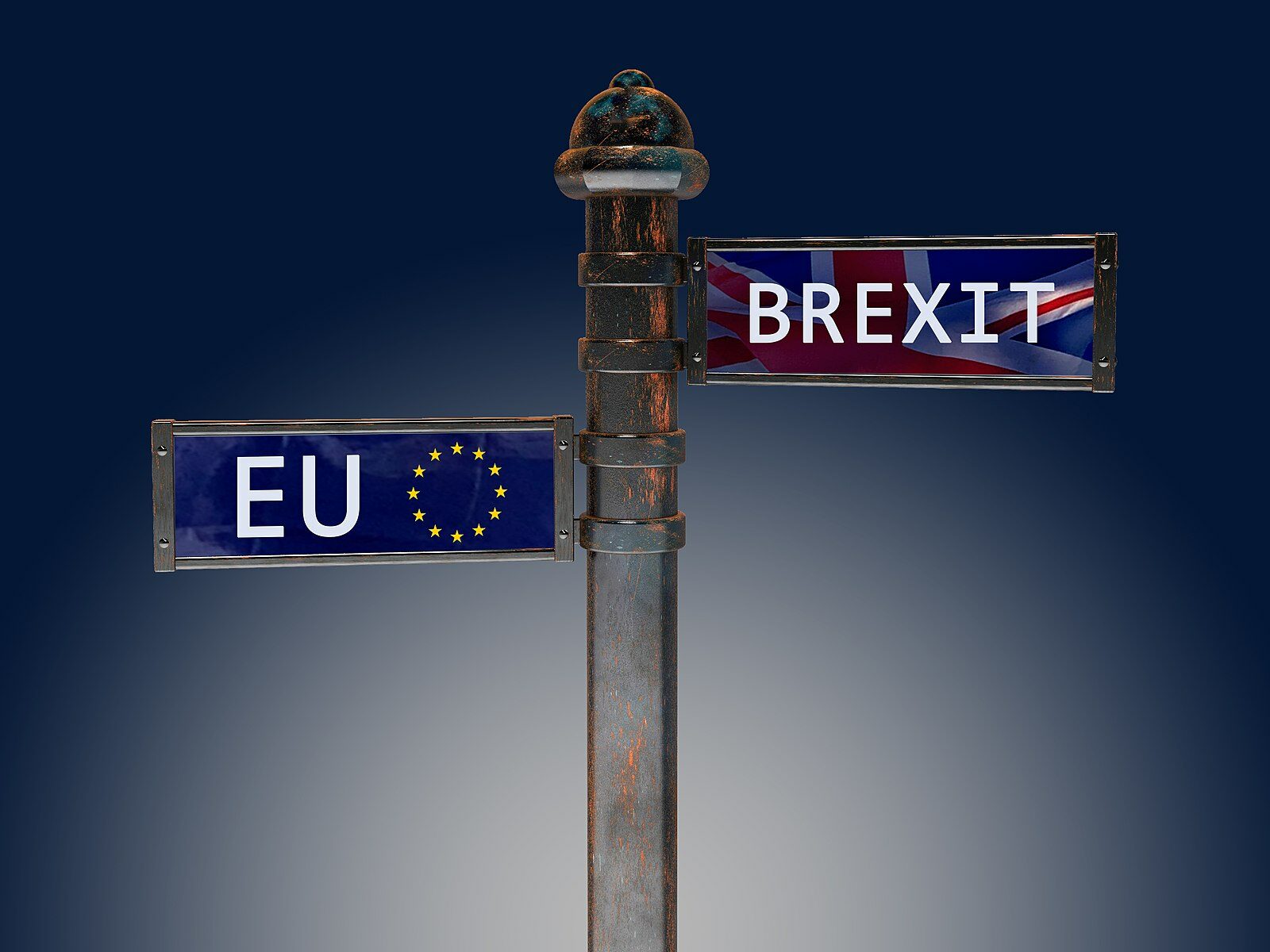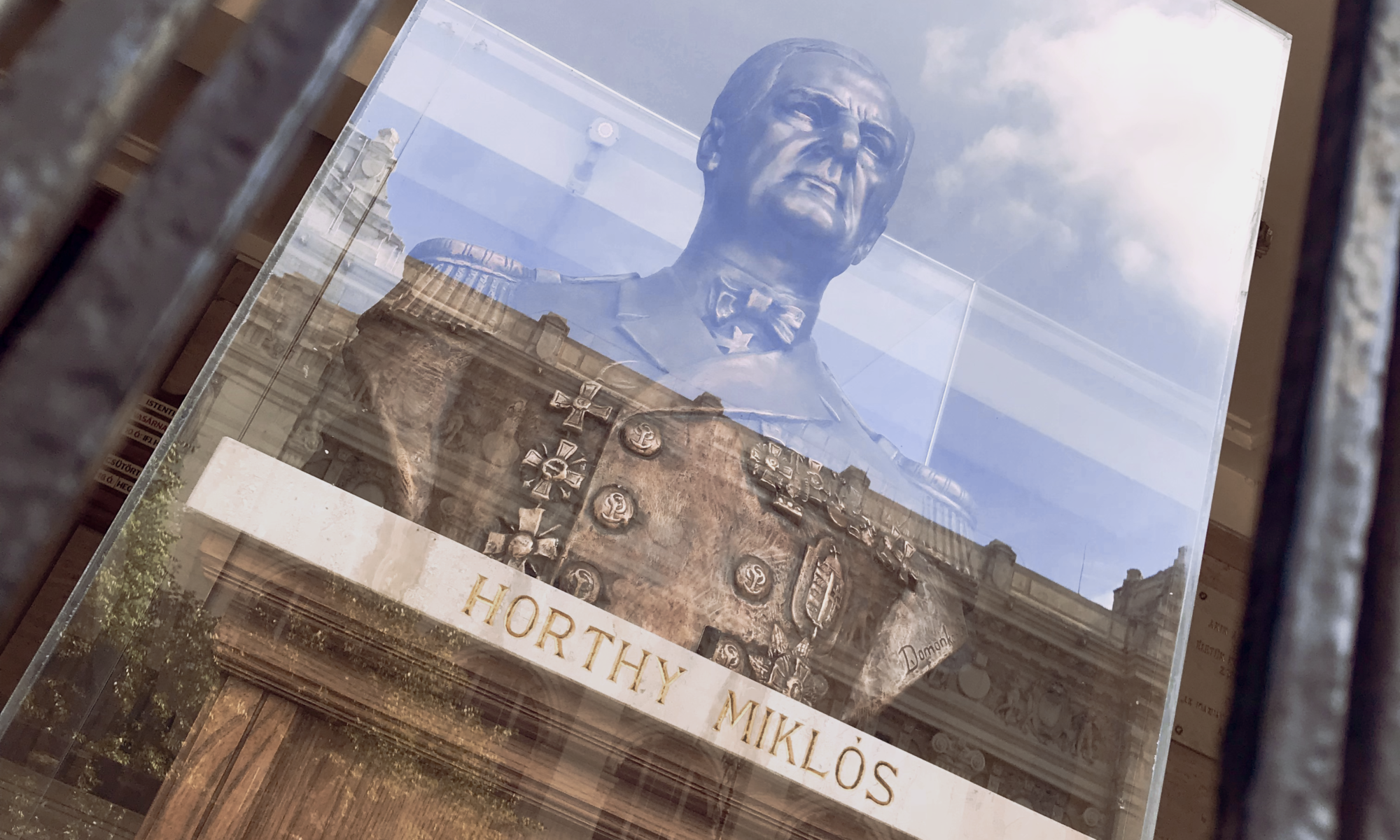By Christen Allen, student, Department of Political Science, University of Victoria
The Brexit debate rages on as the United Kingdom prepares to leave the EU. Theresa May’s Brexit deal is running out of time. The deal has been met with criticism by the Labour party, for May not allowing another vote to be held. While May and the Conservatives desire to escape the hold of the EU, they have become fractured through resignations like Jo Johnson. While the Labour party has proven to be united. Johnson supported a second referendum, while May continues to shoot down the idea. Johnson has said of the agreement that “it will leave our country economically weakened, with no say in the EU rules it must follow and years of uncertainty for business”.
How people feel about the deal?
As the opinions of the people have changed so have the opinions of the Members of Parliament, while the conservatives cling to the vote of three years ago. Parliament has been unable to decide on a deal and now the Conservatives have lost their majority government. Even as support for remaining in the EU has grown among the people, the Conservative’s still push for leaving. Data form pollsters BMG Research gathered in December 2018, reveals that the support for staying has gained significant tractions since last summer and reached about 50% in December 2018 as the realities of what Brexit would bring become more and more apparent (Independent).
This research by BMG asked 1,500 respondents “should the United Kingdom remain a member of the European Union, or leave the European Union”, 52 per cent said “remain”, 40 per cent said “leave”, six per cent said they did not know and one per cent refused to say. The research continues, about whether these people believed the withdrawal agreement proposed my Prime Minister May, 49% said it was a bad deal, one in ten (13%) said it was a good deal and 23% said they were indifferent and did not see it as good or bad, and the final 15% said they did not know.(independent)
Where we are now
The deal has led to further divides that have left no one happy. The Theresa May’s Conservative fear being trapped in a customs deal with the EU and continue and at being forced to continue accepting EU regulations to boot. While the Labour party does not believe that the deal is beneficial for jobs and the people. Currently the deal remains in a state if arrested development. Parliament only has 12 days to decide on a new plan, they only possess two options either stay in the EU customs union or hold a second referendum on Brexit that would allow the people to reaffirm or change their minds. May has rejected both of these options but is left with few choices. Her deal has been rejected three times by Parliament and now time is running out for the United Kingdom to decide.
https://globalnews.ca/news/5116915/more-brexit-options-after-failed-deal/
Possible solution
A true solution to the problem would be to hold confirmation vote to put the power back into the people’s hand and decide from their whether or not the United Kingdom should remain in the EU. Another vote would allow the people to reaffirm or change their minds on the referendum. As Tom Watson said “ Brexit that can unite our members, voters, MPs and, yes, the leadership too. I respect the different judgments reached by some of our MPs – none of these decisions is easy – but more than 80% of Labour MPs backed Margaret Beckett motion saying that any deal to leave the EU should not be pushed through by parliament unless it has also been approved by the people.” Parliament has proven to be unable to reach a deal amicably, so the decision should go back into the hands of the people. Since the initial vote , more information has become more readily available about what leaving the EU would actually look like and how if would affect the United Kingdom’s economy and people.
| Picture: Christoph Scholz |







